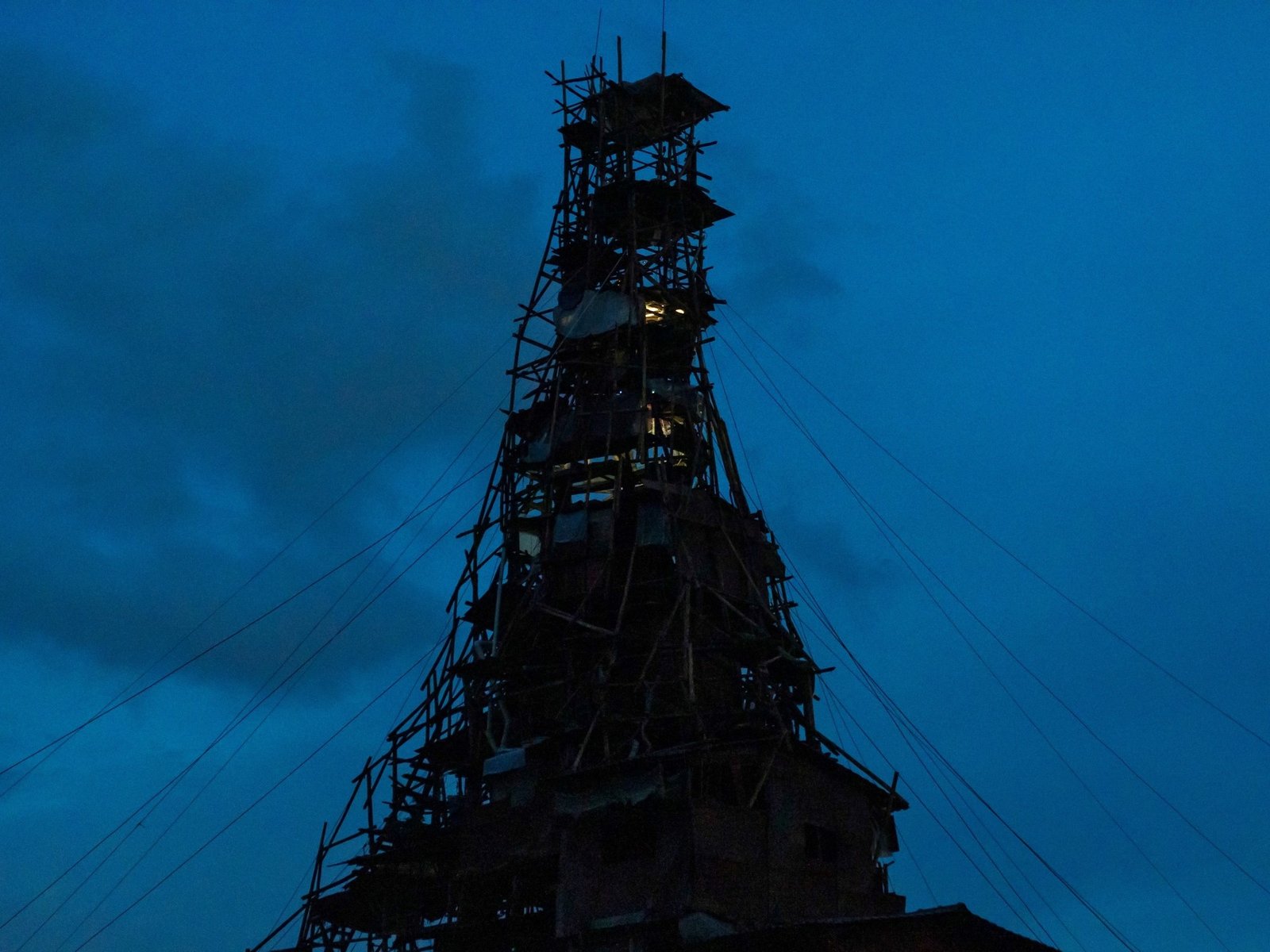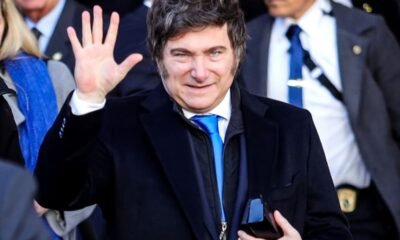INTERNACIONAL
Trump’s gamble in normalizing relations with Syria in the face of Iran: ‘high-risk, high-reward’
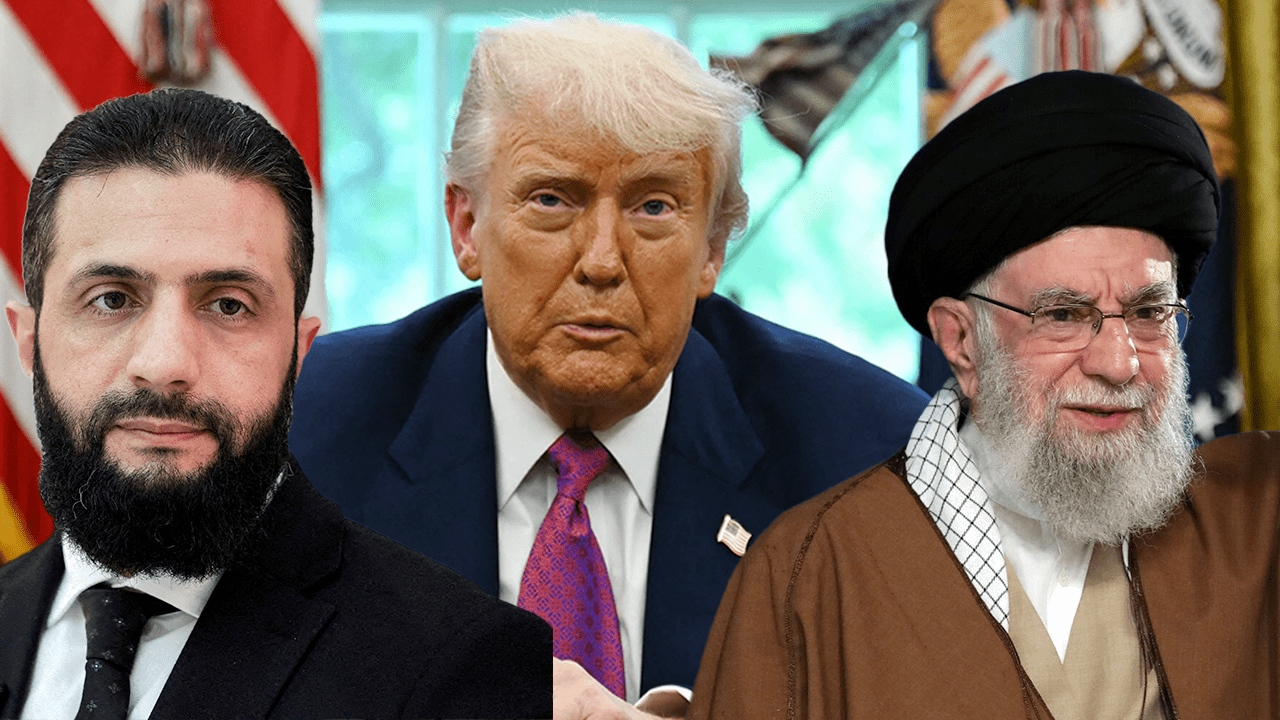
President Donald Trump last week announced he would normalize U.S. relations with Syria by lifting decades-old sanctions, and he became the first American president to meet with the leader of the Middle Eastern nation in 25 years – a move that some have seen as an indirect hit on Iran.
The news was a surprising shift from Trump’s prior position in which he said in a December post that «Syria is a mess, but is not our friend, & THE UNITED STATES SHOULD HAVE NOTHING TO DO WITH IT.»
Trump’s change of posture is a gamble that could see serious gains regarding regional stability and securing U.S. interests by deterring Iranian influence, explained Behnam Ben Taleblu, Iran expert and senior fellow with the Foundation for Defense of Democracies.
President Donald Trump, Syrian President al-Sharaa and Crown Prince Mohammed bin Salman. (Reuters)
US AMBASSADOR BARRACK NAMED SPECIAL ENVOY TO SYRIA AMID SANCTIONS RELIEF PLAN
«This is what I call a high-risk, high-reward gamble, but one that, if achieved successfully, can actually prevent Syria from being a launching pad for more Iranian malign activity,» Ben Taleblu told Fox News Digital. «But if it fails, . . . Washington would have ended up empowering a jihadist government in Damascus [that] does not have full control over its own territory.»
The December collapse of the Bashar al-Assad regime following the takeover by Hay’at Tahrir al-Sham (HTS), a former al-Qaeda affiliate, not only signified an end to a decades-long oppressive regime, it also effectively dismantled years of Iranian investment in a major setback to its regional influence.
Trump emphasized that this sanctions relief, which he argued will give the country a chance to recover and was soon followed by an EU order to lift sanctions, is a move to encourage Syria to normalize diplomatic ties with Israel.
But Syrian President Ahmed al-Sharaa, who is also the leader of HTS, which is still a designated terrorist group under the U.S. and the UN, has not officially agreed to pursue diplomatic ties with Jerusalem – a push several Middle Eastern nations have flatly rejected amid its aggressive military operations in the Gaza Strip.
Trump also emphasized that the new Syrian government needs to suppress the rise of Islamic extremist groups, which Ben Taleblu pointed out is going to be one of the nation’s chief vulnerabilities as it looks to completely re-establish itself in the world order as trade, business and diplomacy have been reopened to Damascus.
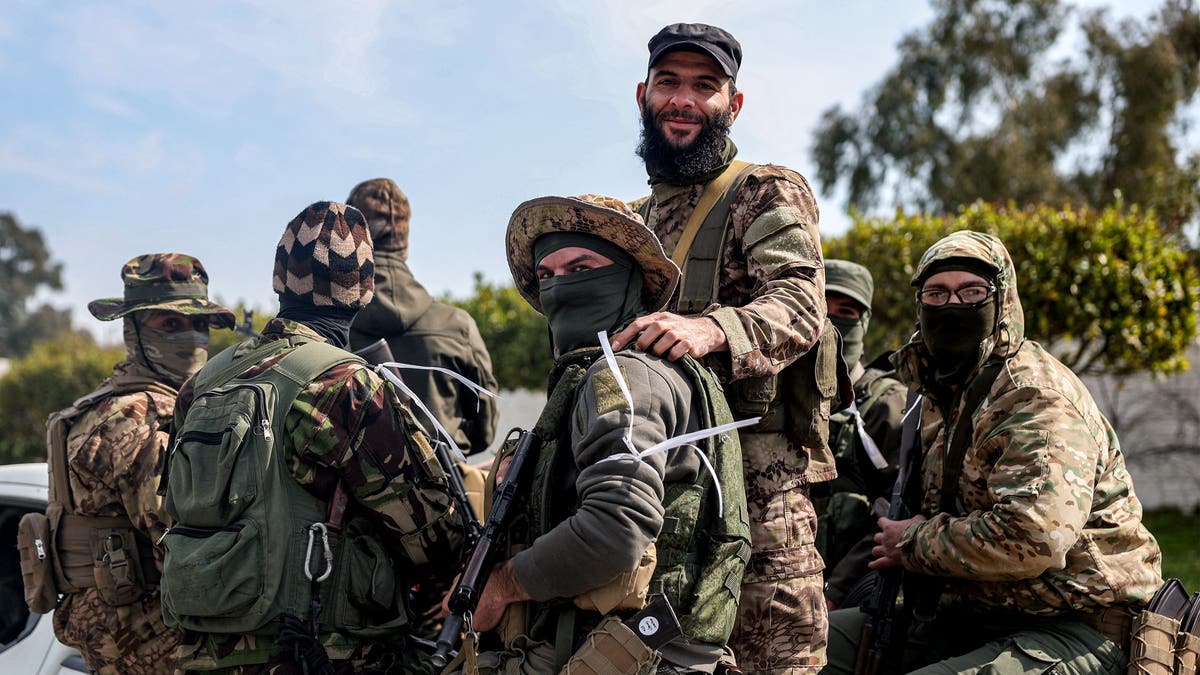
Security forces loyal to the interim Syrian government ride in the back of a vehicle moving along a road in Syria’s western city of Latakia on March 9, 2025. Syria’s interim President Ahmed al-Sharaa called for national unity and peace on March 9, amid growing international backlash following the killing of civilians along the country’s coast in the worst violence since the overthrow of former president Bashar al-Assad. (OMAR HAJ KADOUR/AFP via Getty Images)
IRAN’S KHAMENEI LAUNCHES BLISTERING ATTACK ON TRUMP AFTER MIDDLE EAST VISIT
«Tehran traditionally responds to these sorts of things with patience. The Islamic Republic has an ideological view of the way the region should be oriented, and has put time, money, resources, blood and treasure towards that,» Ben Taleblu said.
The Iran-expert explained that Tehran is waiting for the U.S. and Israel to loosen its pressure on the regime and its proxies, «and for Washington and Jerusalem to make mistakes in the region as they try to push towards bigger-picture things – like flipping Syria or regional peace and stability.»
«And it is there that in the interim, while Washington focuses up on building up states that Tehran will focus on building up proxies and partners,» he added.

FILE- Members of the Iranian revolutionary guard march during a parade. The IRGC is designated as a foreign terrorist organization by the State Department. A large part of its work is to covertly operate outside of Iran. (Reuters.) (Reuters)
Syria is not a united nation as conflict persists across the country between varying minority groups, former regime loyalists and terrorist organizations like ISIS.
Secretary of State Macro Rubio also warned lawmakers on Tuesday that Syria could be just «weeks» away from a «potential collapse and a full-scale civil war of epic proportions.»
These fractures pose a significant vulnerability for the new Syrian government.
«Whenever there is a downtrodden or dispossessed person in a war zone or in a conflict zone, that is Tehran’s angle of entry back into a conflict,» Ben Taleblu said. «This has been Iran’s strategy, sitting and waiting and looking to exploit opportunities across the entire northern tier of the Middle East, from Iraq to Syria to Lebanon.
«Exploiting disarray is a specialty of the Islamic Republic,» he warned.

People wave guns in the air as they gather to celebrate the fall of the Syrian regime in Umayyad Square on Dec. 8 in Damascus, Syria. (Ali Haj Suleiman/Getty Images)
CLICK HERE TO GET THE FOX NEWS APP
The expert explained that if the Trump administration wants to ensure that Iran is unable to exploit vulnerable populations in Syria, then it will need to press Damascus to address the sweeping concerns facing various groups across the country.
Though the president, and his constituents, notoriously opposed nation-building, which could spell trouble for the long-term security of Syria as it sits in Iran’s shadow.
«Tehran is going to be playing the long game. It’s going to be running the clock when it comes to American and Israeli patience for what the future regional order could look like,» Ben Taleblu warned.
INTERNACIONAL
«Derrúmbela», le dijeron, pero él siguió construyendo
INTERNACIONAL
Federal judge blocks Trump administration from defunding some Planned Parenthood facilities
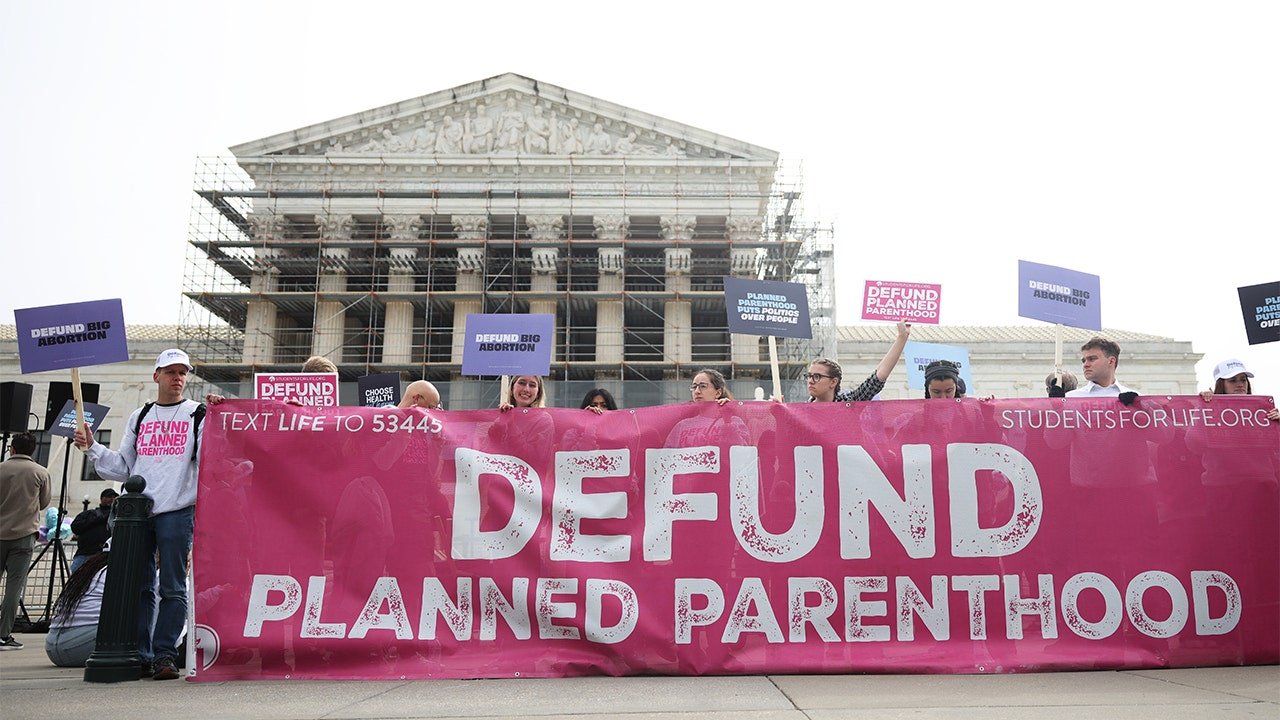
NEWYou can now listen to Fox News articles!
A judge on Monday temporarily blocked the Trump administration from stripping some Medicaid funds from Planned Parenthood after Congress and President Donald Trump agreed to partially defund the nonprofit through passage of the One Big Beautiful Bill Act.
Judge Indira Talwani of the U.S. District Court for the District of Massachusetts said in her order partially granting a preliminary injunction that the bill unconstitutionally punishes Planned Parenthood member organizations that do not provide abortions.
The injunction will risk «at most minimal harm—financial or otherwise» to the Trump administration while the lawsuit proceeds, Talwani, an Obama appointee, wrote.
The judge’s order appears to apply to some but not all Planned Parenthood facilities. The nonprofit said in a statement that it viewed Talwani’s order as a partial win and remained «hopeful» that the judge would take further judicial action down the line.
«This isn’t over,» the organization said. «While we’re grateful that the court recognized the harm caused by this law, we’re disappointed that not all members were granted the necessary relief today.»
SENATE PARLIAMENTARIAN OKS BAN ON PLANNED PARENTHOOD FEDERAL FUNDING IN TRUMP MEGABILL
Pro-life demonstrators gather in front of the Supreme Court building as the Court hears oral arguments over Medina vs Planned Parenthood in Washington D.C. (Kayla Bartkowski/Getty Images)
Talwani’s order arose from a lawsuit brought by Planned Parenthood, the nation’s largest abortion provider, over the One Big Beautiful Bill Act, a massive budget bill that passed Congress this month with no Democrat support. Trump signed the bill into law on July 4.
A provision in the bill stripped Medicaid funding from Planned Parenthood, which the nonprofit said could force it to close about 200 of its 600 facilities and deprive about half of its customers, more than one million people, of services that do not include abortion.
Planned Parenthood attorneys noted in court filings that Medicaid typically does not cover abortion.
JUDGE TORCHED FOR PLANNED PARENTHOOD ORDER: HER COURT LOOKS ‘LIKE A FAST FOOD DRIVE-THRU’

A Planned Parenthood sign (ANGELA WEISS/AFP via Getty Images)
The attorneys argued that the bill would cause cancer and sexually transmitted infections to go undetected, especially for low-income people, and that more unplanned pregnancies would occur because of a lack of contraception access. They said the consequences of losing Medicaid funding «will be grave.»
Department of Justice (DOJ) attorneys had previously argued in court filings that the purpose of the budget provision was to stop «federal subsidies for Big Abortion» by freezing federal funds for certain Medicaid recipients who provide abortions. Weakening Planned Parenthood has been one of the pro-life movement’s leading priorities since the Supreme Court overturned Roe v. Wade.
Talwani granted a temporary restraining order two weeks ago in favor of Planned Parenthood. The judge initially offered no explanation for her decision, a move that led to widespread backlash among Republicans who described it as judicial overreach. Days later, Talwani offered more context in a subsequent order.
PLANNED PARENTHOOD USING ‘LOOPHOLE’ TO GET MINORS GENDER TRANSITIONS WITHOUT PARENTS’ OK: WATCHDOG
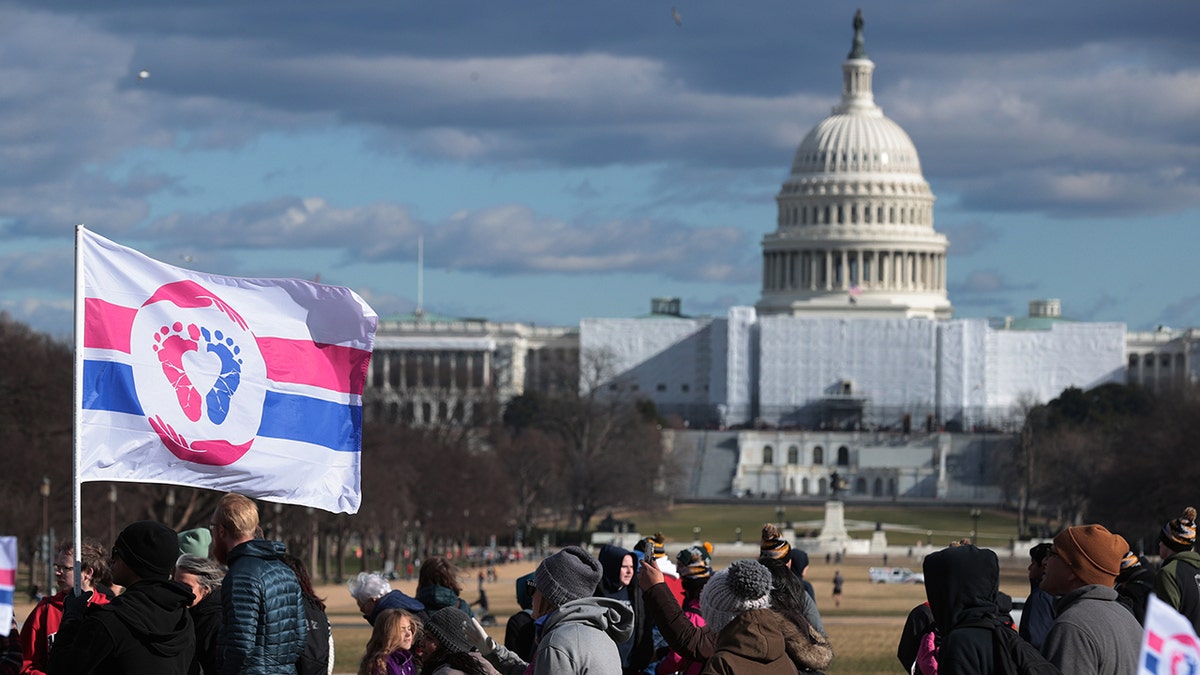
Anti-abortion activists march across the National Mall near the U.S. Capitol during the 50th annual March for Life rally on January 20, 2023 in Washington, DC. (Chip Somodevilla/Getty Images)
The preliminary injunction will partially leave in place the pause on defunding Planned Parenthood indefinitely, but the Trump administration is likely to appeal the order to the U.S. Court of Appeals for the First Circuit.
The judge noted that her injunction applied to Planned Parenthood entities that do not provide abortion services or receive less than $800,000 in annual Medicaid reimbursements.
DOJ attorneys had previously argued to the court that blocking a measure that was passed by Congress and signed by the president was an extraordinary move and unjustified.
CLICK HERE TO GET THE FOX NEWS APP
«Beyond the futility of the claims on the merits, Planned Parenthood fails to demonstrate imminent irreparable harm to justify an injunction, asserting only classically reparable economic injury and irrelevant potential harm to patients, who are third parties not before this Court,» DOJ attorneys wrote.
INTERNACIONAL
“La democracia está amenazada”: la advertencia de Boric en una cumbre de mandatarios de izquierda
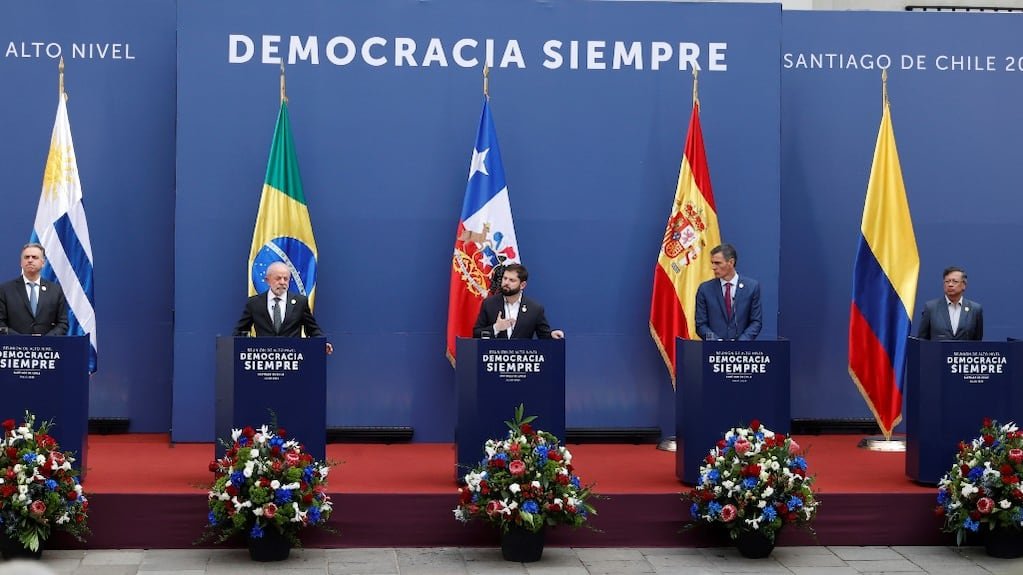
El presidente de Chile, Gabriel Boric, aseguró este lunes que “la democracia está amenazada y esa amenaza no se reduce solamente a la fuerza militar”, durante la inauguración en Santiago de una cumbre que reúne a sus pares progresistas de España, Brasil, Colombia y Uruguay.
“Hoy, en muchas partes del mundo, la democracia está amenazada y esa amenaza no se reduce solamente a la fuerza militar, como sucedió en América Latina durante la segunda mitad del siglo 20, sino que hay elementos más sutiles que atentan contra ella y que terminan naturalizándose”, indicó Boric al inicio del encuentro bautizado “Democracia Siempre”.
Leé también: Israel lanzó una nueva ofensiva terrestre en Gaza, mientras 25 países pidieron poner fin a la guerra
Entre esos elementos, el mandatario chileno destacó “la desinformación, el extremismo de cualquier signo, el avance del odio, la corrupción, la concentración del poder y una desigualdad que socava la confianza en lo público y el estado de derecho”.
Boric recibió este lunes en el palacio de La Moneda a los jefes de Estado o de Gobierno de España, Pedro Sánchez; Brasil, Luiz Inácio Lula da Silva; Colombia, Gustavo Petro; y Uruguay, Yamandú Orsi, para debatir sobre el avance ultra y los autoritarismos.
Las propuestas que resulten de la cumbre se presentarán en otra reunión que se dará en el marco del 80° período de sesiones de la Asamblea General de Naciones Unidas, prevista para septiembre, en Nueva York.
Gabriel Boric cuestionó el extremismo
En su discurso, Boric afirmó: “Algunos, de diferentes signos políticos, presentan el extremismo y el autoritarismo como una solución eficiente, como si bastara solamente con mano dura o con acallar voces, prohibir el disenso, ridiculizar al adversario como una vía para resolver los problemas de fondo”.
Este camino, añadió, “solo asegura retrocesos, margina las mayorías, impone la ley del más fuerte, amenaza a los más vulnerables y sacrifica la tranquilidad por la incertidumbre”.
Luiz Inacio Lula da Silva y gabriel Boric se saludan en el Palacio de la Moneda, en Santiago (Foto: REUTERS/Pablo Sanhueza)
Boric pidió “identificar esas amenazas y no sencillamente apuntarlas con el dedo” y aseguró que “el objetivo de esta cumbre es remarcar la esperanza y ofrecer una alternativa a esas visiones de mundo”.
Además, anunció que los mandatarios de México, Honduras, Reino Unido, Canadá, Sudáfrica, Dinamarca y Australia decidieron unirse a la alianza internacional en defensa de la democracia.
Lula afirmó que el sistema político cayó en el descrédito
En la cumbre, Lula da Silva dijo que “el sistema político y los partidos cayeron en descrédito”, lo que a su juicio fortaleció a la ultraderecha global.
“En este momento en que el extremismo intenta reeditar prácticas intervencionistas, precisamos actuar juntos”, dijo Lula.
Tras una reunión a puerta cerrada en el palacio de La Moneda, los cinco comparecieron ante la prensa, ocasión en la que Lula denunció que el mundo vive “una nueva ofensiva antidemocrática” que, desde su punto de vista, los Gobiernos progresistas deben enfrentar “con acciones concretas y urgentes”.
A su vez, Petro dijo que el progresismo tiene que “encender la luz cuando las tinieblas llegan y empiezan a atemorizar el alma”.
Leé también: Videos del trágico accidente en Bangladesh: un avión se estrelló contra una escuela y hay al menos 19 muertos
Petro aseguró que durante el encuentro los líderes “profundizaron aún más nuestros acuerdos básicos y no tan básicos que tienen que ver con la crisis climática, la inteligencia artificial, la paz del mundo, rehacer la multilateralidad o defender palabras tan básicas como la libertad y la democracia”.
En tanto, Orsi pidió “aterrizar la propuesta de democracia a cuestiones que los pueblos sientan”.
“En la convicción de poner a la democracia por delante y como centro de la futura discusión, muchos más países se van a unir si el objetivo es fortalecer esta forma de convivencia que tiene de tan lejos y tantas vidas y sacrificios nos ha costado”, afirmó.
(Con información de EFE y AFP)
Progresistas, Lula Da Silva, Gabriel Boric, Gustavo Petro, Yamandú Orsi

 POLITICA2 días ago
POLITICA2 días agoJuan Carlos Maqueda defendió la condena contra Cristina Kirchner: “Hay una sensación de que se hizo Justicia y que no hay impunidad”

 POLITICA1 día ago
POLITICA1 día agoExpulsada del Gobierno, Victoria Villarruel empieza a tomar distancia, pero no tiene proyecto político para este año

 ECONOMIA2 días ago
ECONOMIA2 días agoYPF aplica un nuevo aumento en los combustibles desde la medianoche: a cuánto sube el litro de nafta

